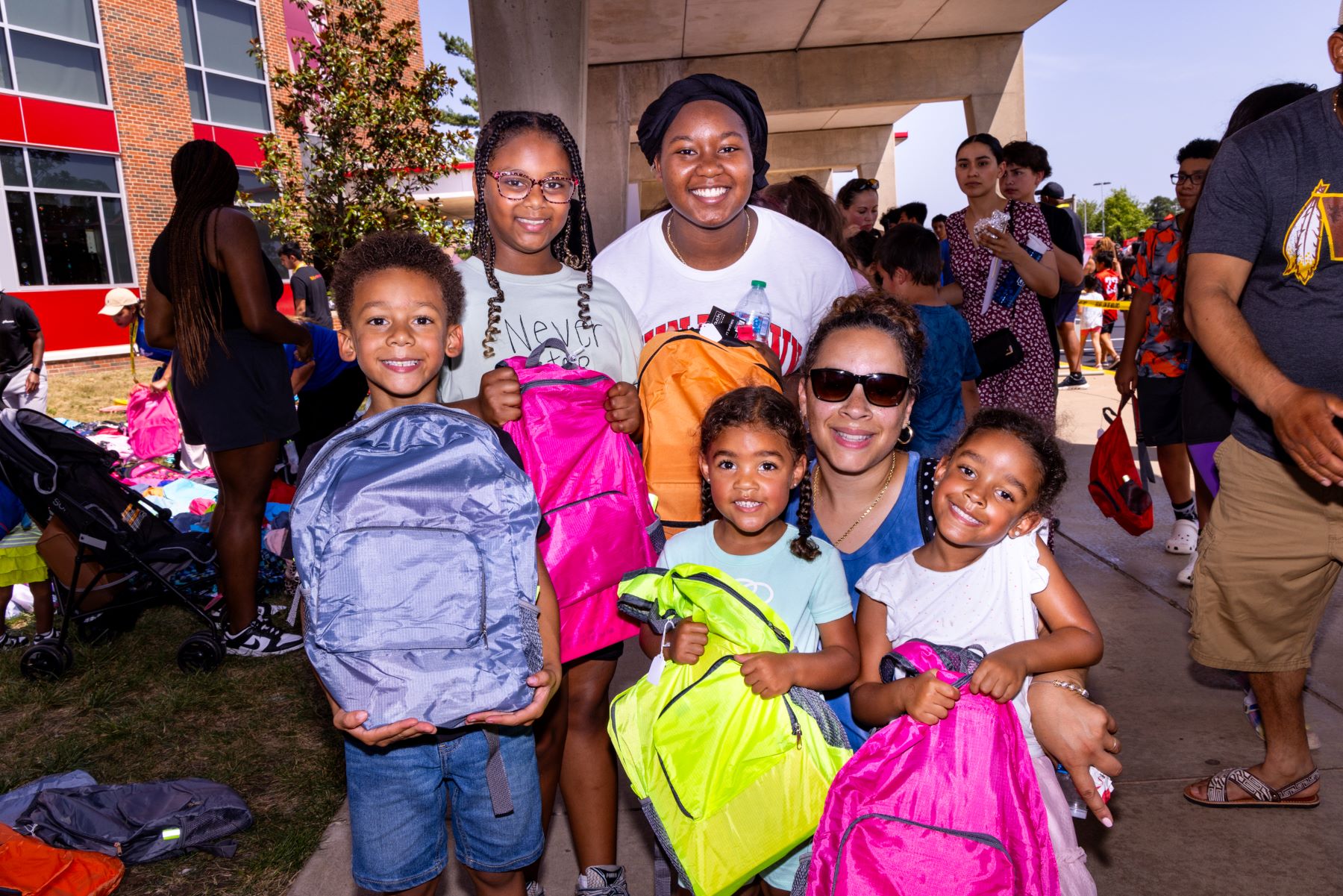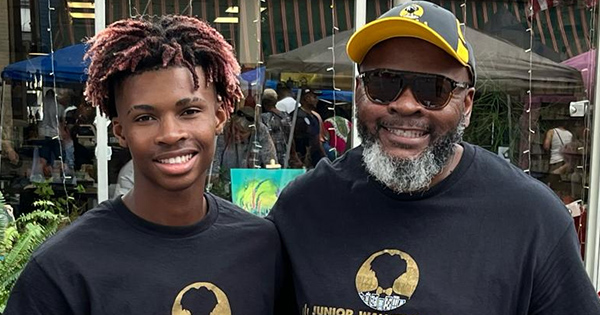Will Black Virginians Receive Equity in Marijuana Legalization?
Two weeks ago during the Virginia House of Delegates passed legislation, House Bill 2312, that will legalize marijuana for adult recreational use, with retail sales beginning in 2024. Although it is expected that Governor Ralph Northam will sign it into law, there are still several questions that must be answered. Among them, what will this do for Black Virginians who have endured years of discrimination in arrests and convictions.
According to a study conducted by the General Assembly and watchdog groups, from 2010-2019, Black Virginians were 3.5 times more likely to be arrested for marijuana possession, and 3.9 times more likely to be convicted. This despite the fact that white Virginians use marijuana at approximately the same rate. As a result, Black Virginians are irrevocably impacted with a criminal record, which harms their prospects for jobs, housing and credit.
Now, there are non-profit and policy groups that are fighting back to ensure that not only their criminal records are expunged, but that the funds from marijuana sales are put back into the communities that have been affected the most. Marijuana Justice, along with ACLU VA, has successfully fought for marijuana reform across the state, and connected activists who are concerned about not just decriminalization becoming the law of the land, but also about reversing the disparities in prosecution for Black Virginians.
What it could also lead to is long overdue reparations to communities of color who are impacted by the disproportionate enforcement of marijuana laws. These reparations would provide for licenses for those individuals to get into the marijuana marketplace as cultivators, wholesalers, processors and retailers. Both the Senate and House of Delegates have approved of bills which would legalize possession of up to an ounce of marijuana for people over the age of 21. These bills also would begin a process of automatically expunging misdemeanor marijuana-related offenses from criminal records on July 1.
In addition, Virginians who have a marijuana-related conviction, have family members with a conviction, or live in an area that is economically distressed could qualify as a “social equity” applicant who can receive technical advice and lower or waived application fees. The bills don’t specify what crimes might make a person or family ineligible.
Both bills also call for dedicating 30% of marijuana tax revenue — after program costs — to a Cannabis Equity Reinvestment Fund. The money would be used to help communities that have been historically over-policed for marijuana crimes through scholarships, workforce development and job placement services, and low- or no-interest loans for qualified cannabis businesses.
However, some state that the investment needs to be beyond the proposed 30%. Chelsea Higgs Wise, executive director of Marijuana Justice, is proposing for at least 70% of tax revenue go into the reinvestment fund.
“It’s important to build equity into this from the beginning,” she said to the Associated Press in a recent interview.
For more information on Marijuana Justice and their efforts, visit their website.



